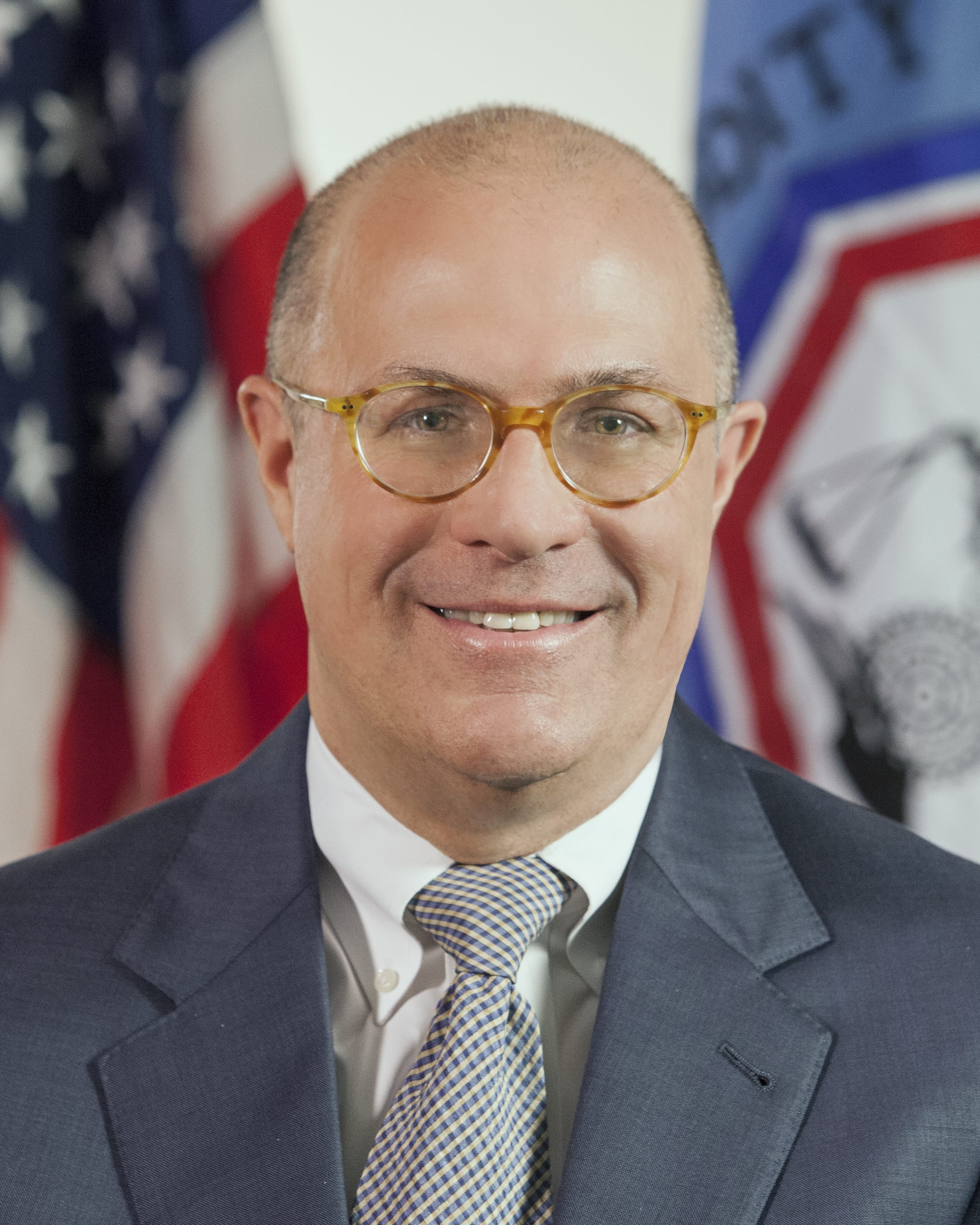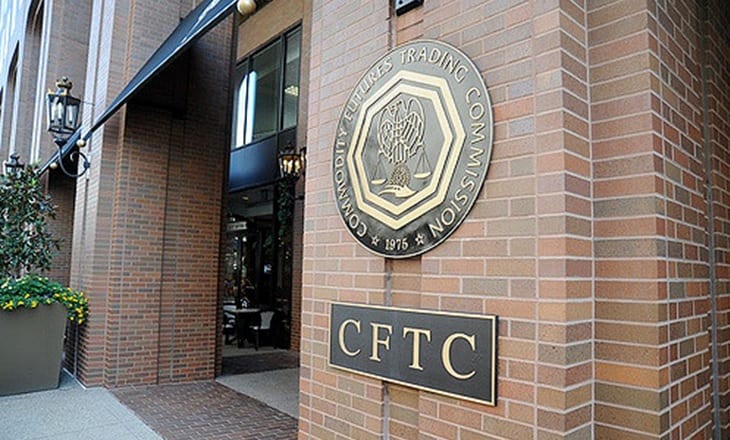We sometimes forget that our regulatory bodies have more to do than just look at crypto exchanges and the markets they serve. Representatives of these august bodies often have speaking engagements in other industry sectors, where they often share their opinions on the major topics of the day. For example, the Chairman of the U.S. Commodity Futures Trading Commission (CFTC), J. Christopher Giancarlo, recently testified before the U.S. House Agriculture Committee and noted that the CFTC “expects to see more companies apply to become federally-regulated clearinghouses as a result of growing interest in cryptocurrencies”.

J. Christopher Giancarlo Source: Wikipedia
He then conveyed that the number of clearinghouses requiring regulation by the CFTC is growing and that they are becoming more complex. These clearinghouses also represent “critical single points of risk in the global financial system”, which continue to evolve and adapt to the changing market conditions at hand.
He added:
The Commission anticipates new applications for clearinghouse registration resulting from the explosion of interest in cryptocurrencies; an area in which protection of the cryptocurrencies will be one of the highest risks.” As was further reported: “The agency regulates a number of registered clearinghouses within the U.S., as well as six located overseas and has exempted four foreign clearinghouses. This number will grow, Giancarlo said – especially with the introduction of crypto futures.
Giancarlo told lawmakers:
Clearinghouses are financial institutions that facilitate transactions between two parties, acting as intermediaries to ensure trust on all ends. The CFTC routinely examines these entities to identify any possible issues that may affect their ability to monitor or control their risks. The importance(s) of these examinations to overall financial stability are all increasing.
Giancarlo’s comments were directed at a committee that is deeply involved in the agriculture industry, its various commodities, and how futures contracts and related derivatives are able to ameliorate severe swings in market price behavior. The CFTC classifies cryptocurrencies from their perspective as “commodities” under the law.
From the CFTC’s purview, the CBOE and the CME are clearinghouses that have already been approved and are currently being regulated regarding their cash-settled bitcoin futures products. Institutional investors, however, need and want more sophisticated tools, such as physically settled bitcoin futures and forwards, in order to hedge and mitigate the risks in their various portfolios. Physically settled contracts also influence price behavior in the market and at exchanges, thereby reducing market spreads.
The market is completely aware of this need. LedgerX is already an approved clearinghouse for crypto derivatives, but they and Bakkt, ErisX, and Seed CX also have designs to offer “physically settled bitcoin futures and forwards”, as soon as regulatory approvals are granted by the CFTC. Based on Giancarlo’s remarks, these approvals appear to be foregone conclusions.
